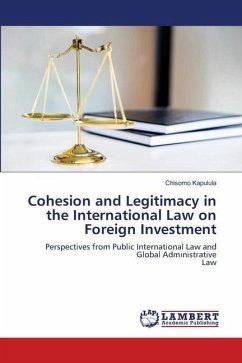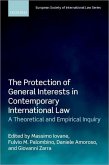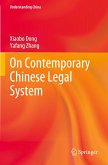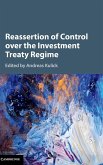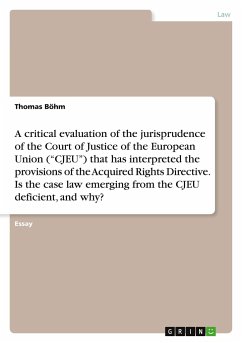This book deals with the perceived lack of rule cohesion and system legitimacy in the international law on foreign investment. The contemporary international foreign investment regime is currently being faced by many challenges typical of a growing regime consolidating itself on the global stage. Of these, inconsistent treaty and case law as well as apparent inability to adequately balance the competing interests at the heart of the regulatory regime stand out the most. From this dimension, international investment law is seen as facing a 'legitimacy crisis' of both a systemic and of a substantive nature. The thesis proposes that a dual approach to the challenges of lack of cohesion and legitimacy, utilizing perspectives from classical public international law and from global administrative law theory, stands to go a long way in helping to lessen the challenges in question. Specifically from the public international law theory, the thesis explores the potential for conventional as well as customary international investment law in tackling the current ills. From a global administrative perspective, the book highlights an alternative route to achieving more coherence and legitimacy.
Bitte wählen Sie Ihr Anliegen aus.
Rechnungen
Retourenschein anfordern
Bestellstatus
Storno

